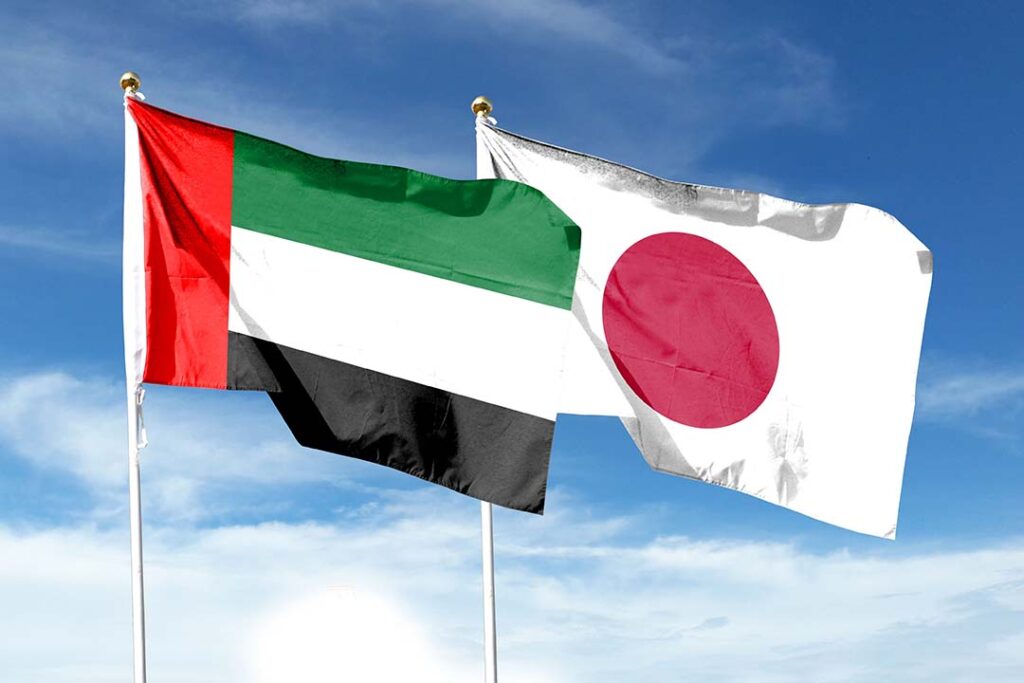An intertwining of cultures
Roughly 75% of the population in Hesse, Frankfurt Rhine-Main (FRM), is of immigrant origin, comprising about 180 nationalities. Consul General Shinichi Asazuma of the Consul General of Japan in Frankfurt bears witness to the vibrant Japanese community amid a lively, multicultural population.
“We facilitate activity with Japanese companies here and support the daily lives of our nationals. For example, we have around 6,500 Japanese citizens in the region, Japanese football players in the Bundesliga (pro soccer league), and the like. It’s important to deepen the understanding of Japan within German society,” Asazuma shared.
Moreover, Frankfurt enjoys a spirited relationship with Yokohama, its sister city. This year is the 10th anniversary of the partnership between Frankfurt and Yokohama. It’s interesting to see how the cultures have melded. “To commemorate this occasion, the city of Frankfurt launched a Yokohama-Frankfurt friendship train with pictures of the landscape of Frankfurt and Yokohama,” he said.
With this environment, and its strength, geographically, FRM is a conducive, comfortable place for the Japanese business community. There are around 300 Japanese companies here, mainly in the service and financial sectors, and also in research operations.
Shinichi Asazuma, Consul General of Japan in Frankfurt

A dynamic, central metropolitan region
Aside from its cultural diversity, Japanese investors are attracted to the FRM metropolitan region for its strength within the German and European economies, and for its prime location. As the second-largest metropolitan region in Germany, spanning three states (Hesse, Rhineland-Palatinate and Bavaria) in the country’s central-western area, FRM headquarters a number of large corporations. “We have the European Central Bank headquarters and the Frankfurt Stock Exchange, one of the world’s largest trading platforms for securities, too,” Asazuma noted. “With this environment, and its strength, geographically, FRM is a conducive, comfortable place for the Japanese business community. There are around 300 Japanese companies here, mainly in the service and financial sectors, and also in research operations. FRM’s central location gives us convenient access to areas of Europe, as well,” he said.
In the wake of Brexit (the British exit from the EU), a number of Japanese financial institutions have chosen to move to FRM, given its ideal location and efficient, inclusive culture. “As an effect of Brexit, many Japanese financial institutions have moved the operations of their headquarters to continental Europe, especially to Frankfurt Rhine-Main,” Asazuma pointed out.
“Indeed, we have a long history of major intergovernmental, economic, and cultural exchanges, celebrating 160 years this year. And these relations can grow even deeper and stronger.”











